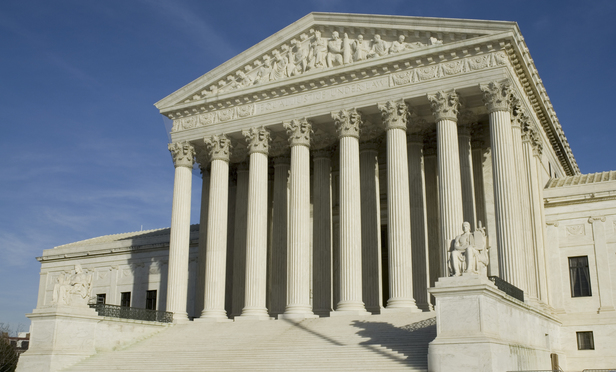A brief survey of news and social media confirms a rather obvious proposition: The citizens of our nation harbor deep biases. Some of those are innocuous and help us navigate the world. Others are more pernicious, and our legal system exists in no small part to neutralize the impact of those impermissible biases. In Peña Rodriguez v. Colorado, the U.S. Supreme Court is grappling with the issue of racial bias in the decision-making of a criminal trial jury.
Background
This case stems from a sexual assault in May 2007. Two teenage girls reported that a man entered the restroom at a horse-racing track, where the father of one of the girls worked. The man asked if the girls wanted to “party”; when they refused, he turned off the lights and groped them. The girls later identified Peña Rodriguez, an employee at the race track, as the assailant.
This content has been archived. It is available through our partners, LexisNexis® and Bloomberg Law.
To view this content, please continue to their sites.
Not a Lexis Subscriber?
Subscribe Now
Not a Bloomberg Law Subscriber?
Subscribe Now
LexisNexis® and Bloomberg Law are third party online distributors of the broad collection of current and archived versions of ALM's legal news publications. LexisNexis® and Bloomberg Law customers are able to access and use ALM's content, including content from the National Law Journal, The American Lawyer, Legaltech News, The New York Law Journal, and Corporate Counsel, as well as other sources of legal information.
For questions call 1-877-256-2472 or contact us at [email protected]



